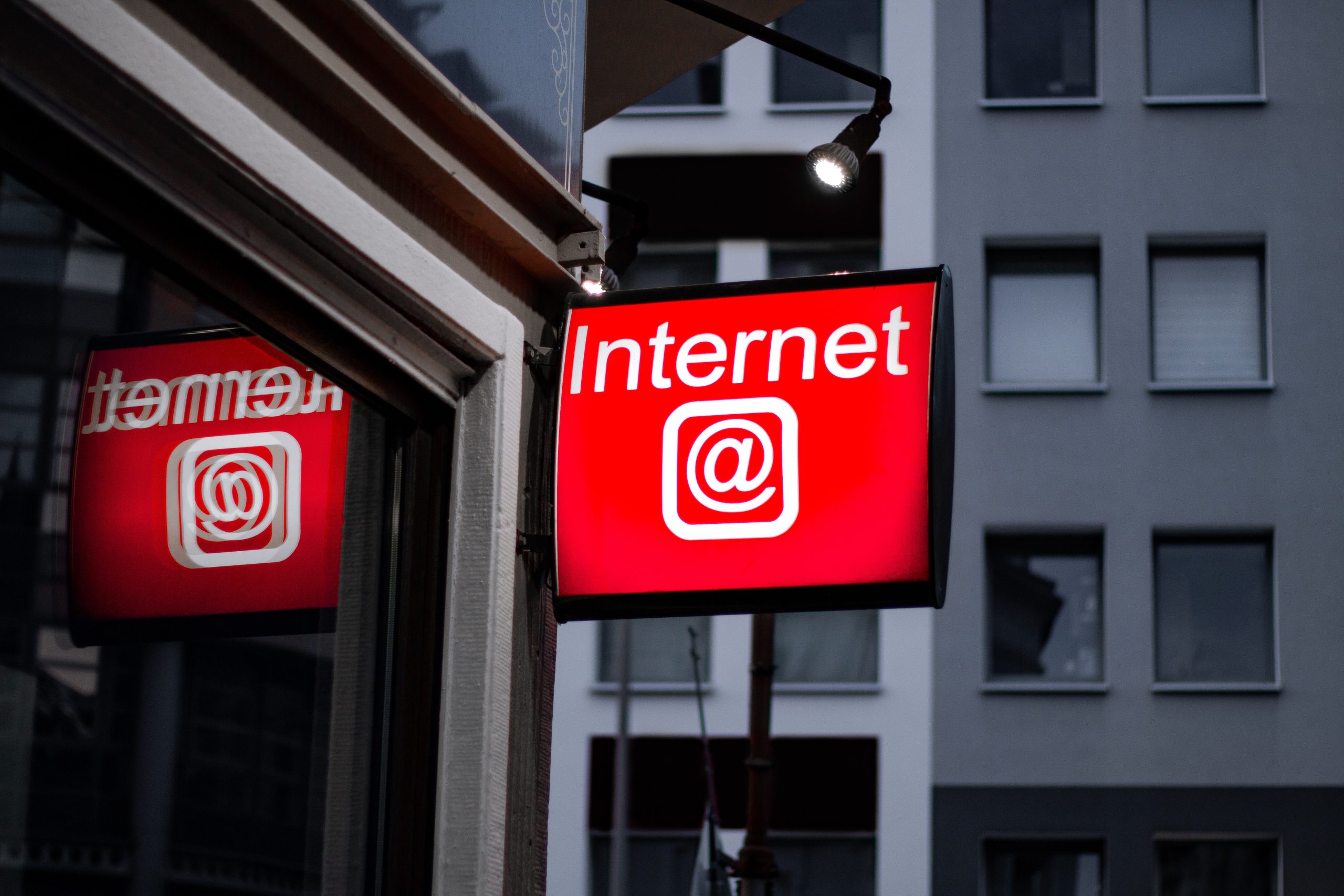Are you tired of waiting for hours in a doctor’s office only to receive a prescription and be on your way? Do you wish healthcare was more accessible, efficient, and personalized to each patient’s needs? Well, the time has finally arrived where 5G technology is transforming the healthcare industry. In this blog post, we’ll explore how 5G is revolutionizing the way doctors diagnose and treat patients while creating a more streamlined healthcare system that puts patients first. So buckle up and get ready for an exciting journey into the future of medicine!
What is 5G?
5G is a new generation of mobile telecommunications that promises to revolutionize how we interact with the digital world. 5G will create much faster and more responsive connections between devices, making it possible for us to do things like stream video without lagging, download large files quickly, and access healthcare services without waiting long periods of time.
The benefits of 5G are wide-ranging, but its most significant impact on healthcare could be its ability to speed up diagnosis and treatment times. By allowing clinicians to conduct more research on the fly and send prescriptions to pharmacies in real-time, 5G could help improve the quality of care patients receive. Additionally, by improving communication between hospitals and other healthcare providers across distances, 5G could make it easier for patients who are in need of specialist care to get the help they need as quickly as possible.
5G is still in its early stages of development, but it has the potential to revolutionize healthcare as we know it. If developers can find ways to optimize its capabilities while keeping costs low, 5G could offer immense benefits for patients everywhere.
How is 5G Used in Healthcare?
5G technology is being used to create a more efficient and accessible healthcare system. By using 5G, healthcare providers can transmit patient data more quickly and accurately. This will allow doctors and nurses to better monitor patients and provide them with the best possible care. Additionally, 5G will make it easier for patients to access medical information and treatments anywhere in the world.
Benefits of 5G in Healthcare
5G technology is set to revolutionize healthcare with its ability to connect patients and clinicians in real-time, enhancing the efficiency and accessibility of care. Here are five key benefits of 5G in healthcare:
1. Improved Patient Care: Real-time communication between patients, caregivers, and clinicians can help provide faster and more accurate diagnoses, reducing the time spent on treatment. This will also ensure that patients receive the best possible care regardless of location or time of day.
2. Reduced Costs: 5G networks will be able to transmit huge amounts of data quickly and reliably, which will result in significant reductions in costs for both patients and providers. By automating processes such as patient tracking and billing, 5G could save billions of dollars annually across all sectors of healthcare.
3. Increased Efficiency: Thanks to 5G’s ability to rapidly relay information between devices, hospitals could achieve significant reductions in staffing requirements – saving both money and resources. In addition, enhanced communication between medical professionals will help optimize patient care by ensuring that the right resources are available at the right time.
4. Enhanced Patient Safety: Advanced telecommunications technologies can play a major role in enhancing patient safety by providing instantaneous updates on hospital conditions or patient vital signs. By allowing for remote monitoring and diagnostics, 5G could improve patient outcomes by preventing critical errors from occurring.
5. Improved Clinical Coordination: With increased mobility and connectivity afforded by 5G networks, hospitals can better monitor patients
Challenges of 5G in Healthcare
5G is seen as the future of telecommunications, and it holds great potential for healthcare. With its speed and capacity, 5G could revolutionize how healthcare is delivered. Here are three challenges that must be addressed in order to make 5G a success in healthcare:
1. Overcoming the limited coverage area: One of the major challenges with 5G is that it has limited coverage areas at present. In order for hospitals and clinics to implement 5G, they will need to invest in new infrastructure, such as antennas and receivers. There is also the concern that not everyone will have access to 5G networks, which could lead to decreased accessibility for patients.
2. Improving efficiency: Another challenge with 5G is its potential lack of efficiency when compared to traditional wireless technology. This can be due to limitations on the number of devices that can connect at once or because of slower speeds. As a result, 5G may not be able to deliver on its promise of providing faster speeds and more access for patients.
3. Developing new applications: Finally, one of the most important challenges with 5G will be developing new applications that can benefit healthcare providers and patients alike. Without viable applications, widespread adoption of 5G won’t be possible.
Conclusion
5G is set to revolutionize the way we live and work, making healthcare both more efficient and accessible. By providing faster speeds and better coverage than current wireless technologies, 5G will enable a range of new applications in healthcare that were simply not possible before. From improved telemedicine capabilities to enhanced patient safety monitoring, 5G will have a huge impact on the way we care for our loved ones. If you’re interested in learning more about how 5G is changing the healthcare landscape, be sure to check out our comprehensive article on the subject!









